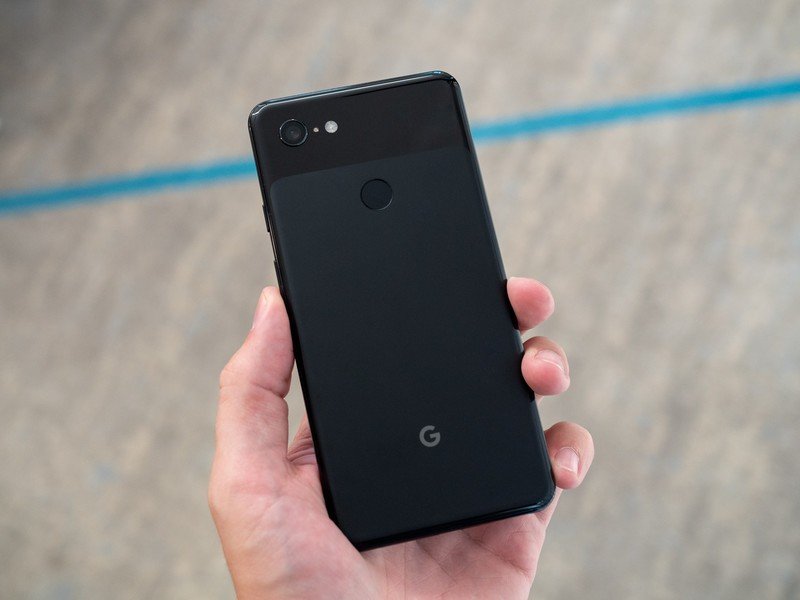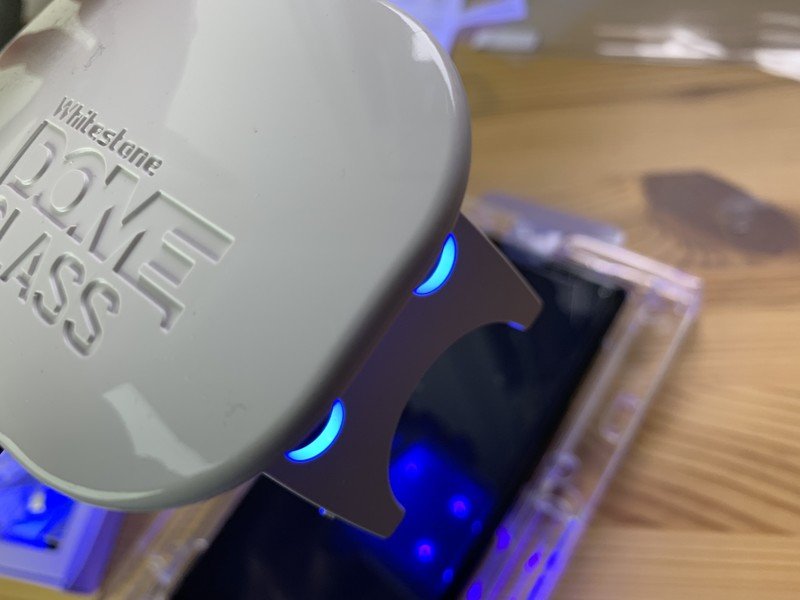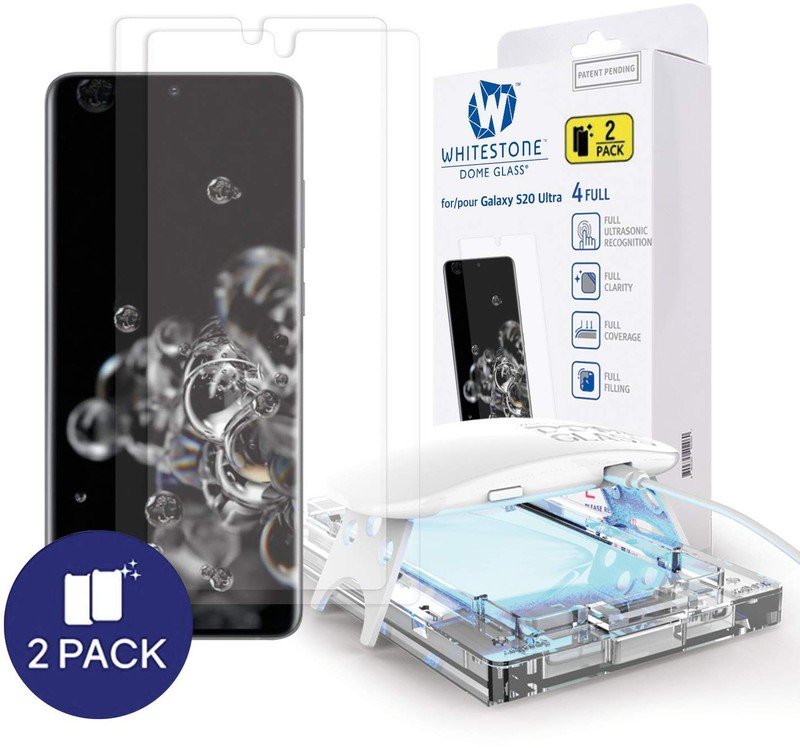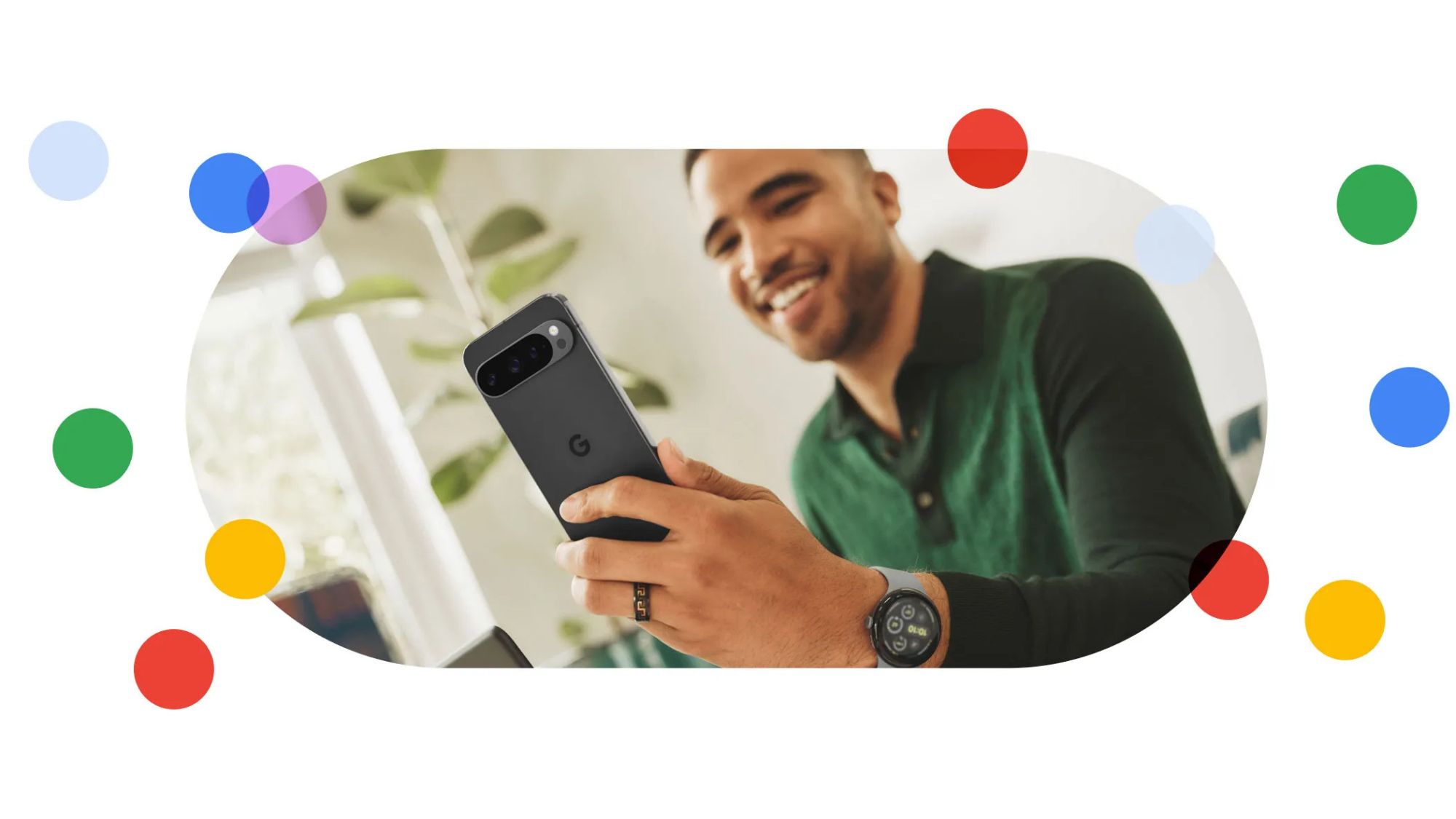Why every smartphone needs a good screen protector
Smartphones are expensive. Even a mid-range device can run you several hundred dollars, to say nothing of all the costs associated with ownership. It should go without saying that you want to protect your investment however you can.
That includes purchasing a screen protector. It is, at its core, a means of protecting your investment. Because whether you own your phone or are simply renting it from a carrier, a broken screen leaves you on the hook for the repair cost.
Consider, for instance, Google's Pixel 3 XL. Replacing that device's screen can cost up to $300, depending on the level of damage. For context, the phone itself costs around $900.

Costly, right? Mind you, the cost above is for an approved vendor repair shop. You can get it done for cheaper, but that runs the risk of not only voiding the warranty but also leaving yourself with a lower-quality or permanently damaged screen.
At this point, you might be wondering why you should bother with repair costs. You can still use your phone with a cracked or broken screen, providing it's still otherwise functional, right? Yes, to an extent. But there are risks.
By failing to use a screen protector, you risk turning your device into a ticking time bomb of inconvenience and pricy repairs.
As a screen grows more damaged, you can cut yourself on its sharp edges or wind up with shards of glass in your fingers. Moreover, even a minor crack can ruin your phone's LCD display and motherboard, allowing dust and moisture to seep into the device's internals. This can effectively double or even triple your repair bills, and leave you with a dud device to boot.
By failing to use a screen protector, you risk turning your device into a ticking time bomb of inconvenience and pricy repairs.
Saving money isn't the only reason to pop a protector on, either. It can help keep your screen free of scratches and other scuff marks, which can potentially be a huge selling point if you want to eventually upgrade and privately sell your old phone. Some carriers and manufacturers also have warranty clauses that void coverage if you fail to use a screen protector.
And even if you do decide to go and get your phone repaired, bear in mind that you're handing a device containing the sum total of your life to a stranger behind the counter. Some phone repair shops might not even bother doing background checks on their employees, meaning there's no way to know they aren't snooping on your personal details. And that's assuming, of course, you don't end up with a replacement part containing device-hijacking hardware.
Basically, it's in your best interest to use a screen protector. And if you're worried about sacrificing convenience or functionality to install one? Don't be.

While certain cheaper products tend to mess with a phone's camera and fingerprint sensor functionality, Whitestone's Dome Glass suffers from no such shortcomings. Made of scratch-resistant, durable, smudge-resistant glass, it provides some of the best touch sensitivity on the market. Better yet, thanks to Whitestone's patented Express Installation, the protector adheres directly to your screen and case via UV light, no matter the shape or size. This also reduces the installation mistakes common with other screen protectors, such as bubbles, corner lifting, and dust.
Even on the off-chance that your screen protector suffers some minor damage, Whitestone's got you covered. Its patented Liquid Optical Clear Adhesive makes all but the most extreme repairs a breeze, filling in minor cracks and scratches and making your touchscreen good as new. It's everything you need to protect your investment, and keep your phone screen good as new - no matter how long you use it.
Be an expert in 5 minutes
Get the latest news from Android Central, your trusted companion in the world of Android


